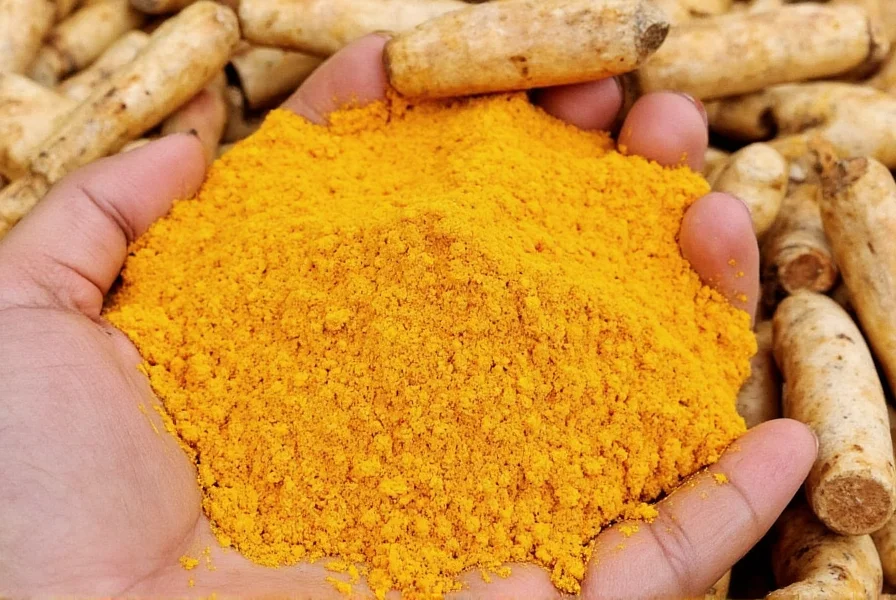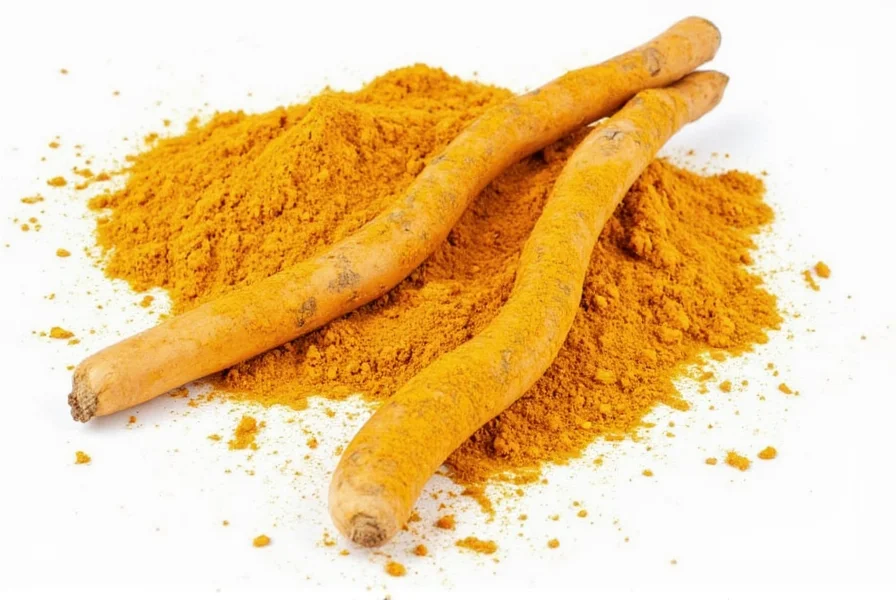Understanding the correct turmeric pronunciation is essential for clear communication in culinary, medical, and scientific contexts. Despite its spelling suggesting a 'tur' sound like in 'turkey,' the word actually derives from Middle English and Old French origins, which explains its counterintuitive pronunciation.
Syllable Breakdown of Turmeric
Breaking down turmeric into its four syllables helps master the correct pronunciation:
| Syllable | Phonetic Representation | Sound Description |
|---|---|---|
| Tur | TER | Like "her" with a T (not "tur") |
| mer | uh-mer | Short schwa sound followed by "mer" |
| ic | ik | Clear "ick" ending |
Common Turmeric Pronunciation Mistakes
Many people make these errors when saying turmeric:
- 'Too-mer-ick' - Adding a long 'u' sound as if spelled "tur-meric"
- 'Tur-mer-ick' - Overemphasizing the 'ur' sound
- 'Ter-mer-ick' - Correct first syllable but missing the second 'uh' sound
- 'Tumeric' - Dropping the second 'r' entirely (a common misspelling too)
These common turmeric pronunciation errors often occur because English speakers naturally try to pronounce words based on their spelling patterns, but turmeric follows different linguistic rules.

Why Turmeric Is Pronounced This Way: Etymology Insight
The word turmeric entered English through Middle English termerik and Old French termeric, which derived from Medieval Latin termericum. This ultimately traces back to Arabic kurkum and Sanskrit haridrā.
This complex linguistic journey explains why the modern English spelling doesn't match the pronunciation. The 'u' in turmeric represents an older pronunciation that has evolved over centuries. Understanding this turmeric etymology and pronunciation connection helps remember the correct form.
Practical Tips for Mastering Turmeric Pronunciation
Here are effective techniques to perfect your turmeric pronunciation guide:
- Chunk it mentally: Think "TER-uh-MER-ik" with emphasis on the first and third syllables
- Use a mnemonic: "TERrible uh MONsters EAT rice" to remember the syllable stress pattern
- Record yourself: Compare your pronunciation with dictionary audio references
- Practice in context: Say phrases like "I added turmeric to the curry" repeatedly
Correct Usage in Sentences
Hearing turmeric used in proper context reinforces the correct pronunciation:
- "The TER-uh-mer-ik gives this golden milk its distinctive color and health benefits."
- "When cooking with TER-uh-mer-ik, remember it stains easily but offers powerful anti-inflammatory properties."
- "Many people mispronounce TER-uh-mer-ik as 'too-mer-ick,' but the correct form emphasizes the first syllable."

Regional Variations in Turmeric Pronunciation
While TER-uh-mer-ik represents the standard American and British English pronunciation, some regional variations exist:
- American English: Slightly more emphasis on the third syllable (TER-uh-MER-ik)
- British English: Often with a clearer 'r' sound throughout (TER-ri-mer-ik)
- Australian English: Sometimes with a flatter vowel sound (TAH-uh-meh-rik)
These subtle differences in regional turmeric pronunciation variations don't change the fundamental syllable structure, so the four-syllable pattern remains consistent across English dialects.
Why Correct Pronunciation Matters
Getting the turmeric pronunciation right serves several important purposes:
- Professional credibility: In culinary, medical, or scientific settings
- Clear communication: Avoiding confusion with similar-sounding terms
- Cultural respect: Honoring the word's linguistic heritage
- Effective learning: Correct pronunciation aids memory and understanding
Whether discussing TER-uh-mer-ik's health benefits or using it in recipes, proper pronunciation enhances your communication in any context involving this versatile spice.
How do you pronounce turmeric in British English?
In British English, turmeric is pronounced 'TER-ri-mer-ik' with a slightly more pronounced 'r' sound throughout compared to American English. The emphasis remains on the first syllable, but the 'r' sounds are more clearly articulated in Received Pronunciation.
Why is turmeric not pronounced like it's spelled?
Turmeric's pronunciation doesn't match its spelling because it entered English through multiple language transformations. The word evolved from Sanskrit 'haridrā' through Arabic 'kurkum,' Medieval Latin 'termericum,' and Old French 'termeric' before becoming 'turmeric' in English. The spelling was modified over time while the pronunciation retained elements from earlier linguistic forms.
What's the most common turmeric pronunciation mistake?
The most frequent error is pronouncing it 'too-mer-ick' with a long 'u' sound. Many people assume the 'u' should sound like in 'turban' or 'turkey,' but the correct pronunciation uses a short 'er' sound as in 'her' for the first syllable (TER-uh-mer-ik).
Is 'tumeric' an acceptable alternative spelling?
While 'tumeric' appears frequently as a misspelling, it's not considered standard English. Major dictionaries list only 'turmeric' as the correct spelling. The misspelling likely arises from the common mispronunciation 'too-mer-ick,' but maintaining the correct spelling 'turmeric' helps preserve the word's etymological connection to its origins.
How can I remember the correct turmeric pronunciation?
Use this mnemonic: 'TERrible uh MONsters EAT rice' - the capitalized syllables match the stress pattern of TER-uh-MER-ik. Another technique is to break it into chunks: TER (like 'her' with T) - uh - MER - ik. Practicing the word in context with sentences like 'I added turmeric to the curry' also reinforces the correct pronunciation through repetition.










 浙公网安备
33010002000092号
浙公网安备
33010002000092号 浙B2-20120091-4
浙B2-20120091-4